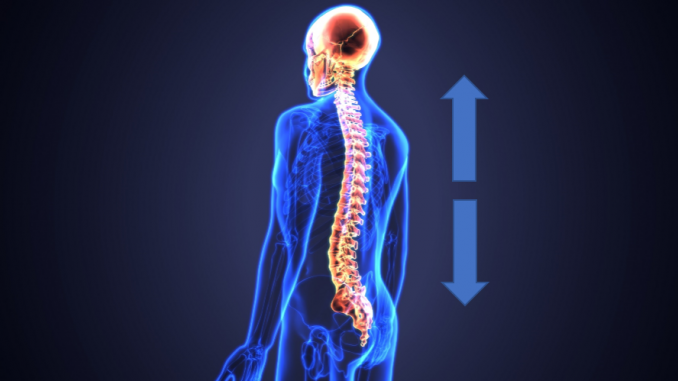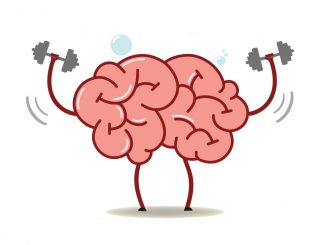
I would wager that when you think about how your mind (brain) and body connection works, the first thing you think about is the brain feeding info and commands down to your body, right?
That’s what we’ve always been taught.
You have this amazing supercomputer between your ears that does all the thinking and processing, holds all the memories, and pushes the body around at its will, delivering commands down the spinal cord as it sees fit.
But, the truth is your body is also feeding commands and demands to your brain (yes, another Yin/Yang situation).
For example, did you know that one of the major effects that Valium (an anti-anxiety medication) has on your body is that it works primarily to relax your muscles?
What does that have to do with your brain?
Well, what it does is it loosens and relaxes the tension, and then because your brain is monitoring everything going on in your body, your brain no longer senses the tension and it naturally and automatically relaxes.
There have also been studies that show that simply smiling, forcing yourself to smile, can help with the effects of depression, while the theory of the body leading the brain also shows the potential benefits of meditation too.
In this lecture, American neuroendocrinologist and author, Robert Sapolsky, explains the phenomenon.
You’re sitting around and you’re terribly anxious and you go to a clinician and the person decides to give you benzodiazepine, Valium, to decrease your anxiety.
Meanwhile, across town, there’s somebody who has a big gymnastics competition and they’ve pulled a muscle, they’ve been having muscle spasms and this is really a problem, so they go to their clinician who gives them a muscle relaxant, benzodiazepines.
The exact same dose.
So, wait a second, here’s someone taking valium for anxiety and another person taking valium to release their muscles, what’s up with that? It’s the exact same thing.
What’s part of anxiety is about is monitoring the level of tension in your body, it is getting feedback from muscle tone and that’s one of the ways that anti-anxiety drugs work because you’re sitting there saying things are just as bad as they were an hour ago, but I’m just so relaxed that it must not be so bad.
That’s where you break the cycle.
And the professor of biology, neurology and neurological sciences at Stanford University said meditation can have similar results.
Meditation is what bio-feedback taps into.
I believe that meditation can have a significant impact on our mental health and overall wellbeing and it appears the science backs this up.



